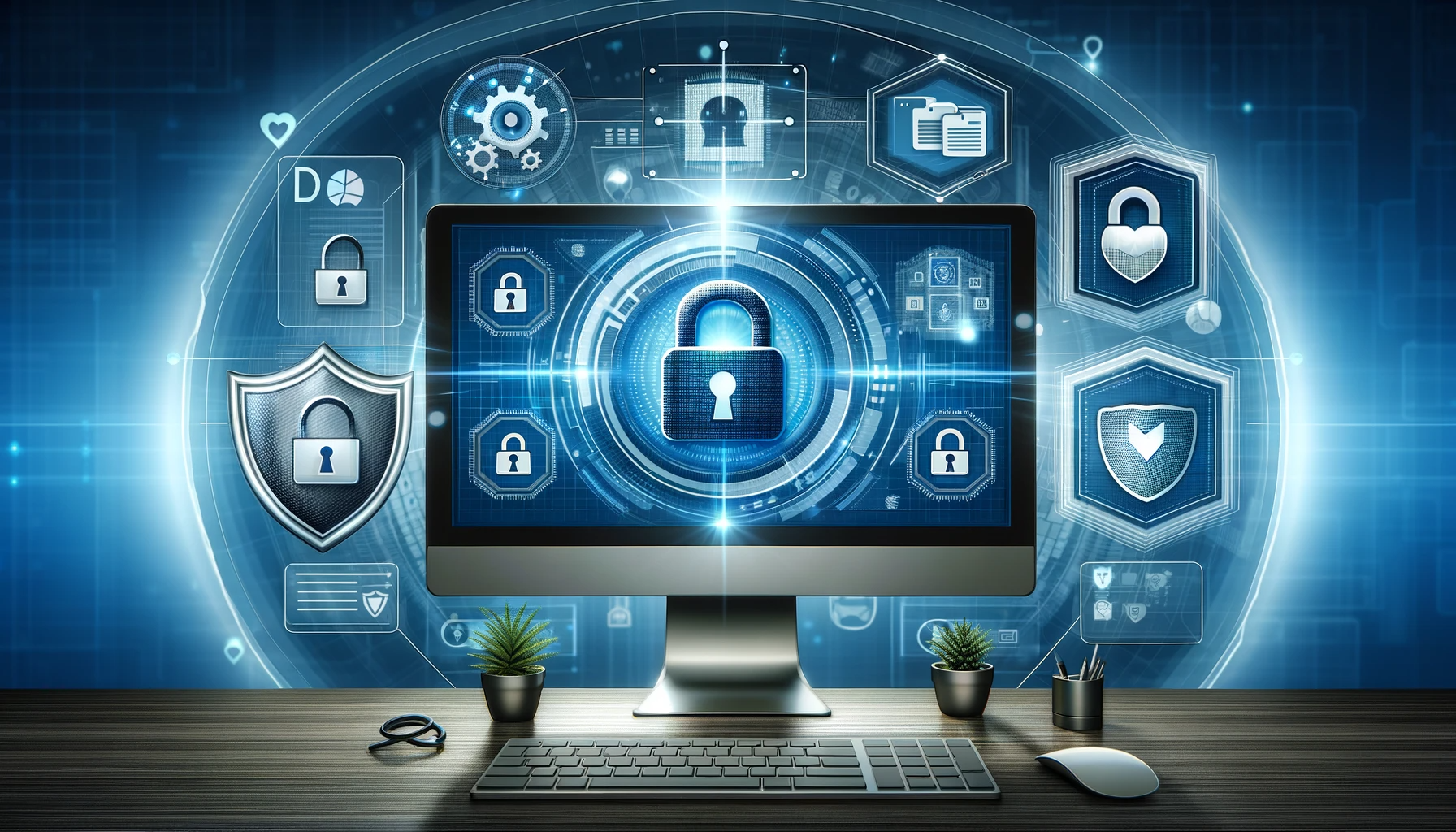In today’s digital age, Customer Relationship Management (CRM) systems are invaluable for businesses in managing customer data and interactions. However, with great power comes great responsibility, particularly when it comes to protecting sensitive customer information. Data breaches not only harm customer trust but can also lead to significant legal and financial consequences. In this blog post, we will address the critical issue of data security within CRM systems and explore best practices to safeguard this vital asset.
Understanding the Importance of CRM Data Security
Firstly, CRM systems store a wealth of sensitive data, from personal customer details to sales transactions. This information is a goldmine for cybercriminals, making CRM systems a prime target for attacks. Consequently, a breach can result in the loss of customer trust, damage to brand reputation, and legal penalties under data protection laws like GDPR.
Best Practices for CRM Data Security
Regular Software Updates and Patches
One of the simplest yet most effective ways to protect your CRM system is by ensuring it is always up to date. Software updates often include patches for security vulnerabilities that, if left unaddressed, can be exploited by hackers.
Strong Authentication Measures
Moreover, implementing strong authentication measures is crucial. This could include multi-factor authentication (MFA), which requires users to provide two or more verification factors to gain access to the CRM system, adding an extra layer of security.
Role-Based Access Control
Additionally, limiting access to sensitive data based on user roles is a key security measure. Role-based access control (RBAC) ensures that employees have access only to the information necessary for their job functions, reducing the risk of internal data breaches.
Regular Data Backups
Furthermore, regular backups of CRM data are essential to ensure that, in the event of a cyber-attack or system failure, your data is not permanently lost. These backups should be stored securely and tested regularly for integrity.
Encryption of Sensitive Data
Also, encrypting data both at rest and in transit can significantly enhance CRM data security. Encryption makes the data unreadable to unauthorized individuals, even if they manage to access it.
Employee Training and Awareness
Importantly, human error is a significant factor in data breaches. Regular training and awareness programs for employees about the importance of data security and best practices can greatly reduce this risk.
Choosing Secure CRM Vendors
When selecting a CRM vendor, it’s essential to prioritize those with a strong track record of data security. Look for vendors who are transparent about their security measures and compliant with industry standards.
Regular Security Audits
Similarly, conducting regular security audits of your CRM system to identify and address vulnerabilities is vital. These audits can be performed internally or by hiring external cybersecurity experts.
Monitoring and Response Plan
Lastly, having a robust monitoring system in place to detect unusual activities in real-time is crucial. Equally important is having a response plan to quickly address any security incidents that do occur.
In conclusion, data security in CRM systems is not an option but a necessity. By implementing these best practices, businesses can protect their customer data from cyber threats, maintain customer trust, and comply with legal data protection standards. Remember, data security is an ongoing process that requires constant vigilance and adaptation to emerging threats and technologies.


